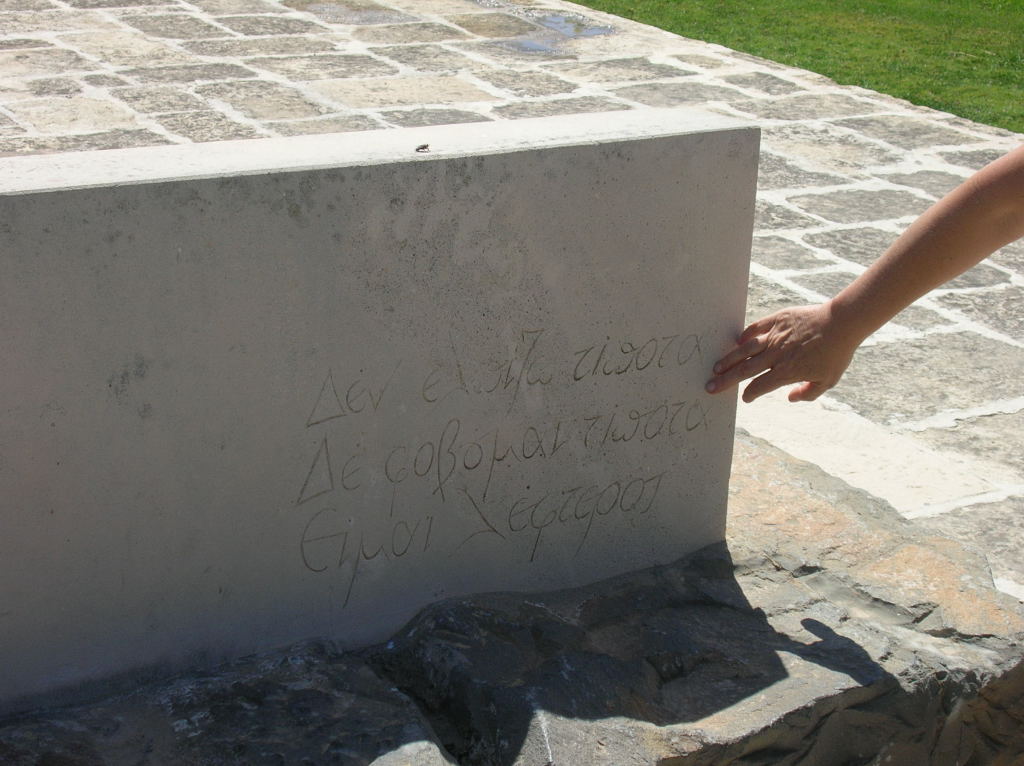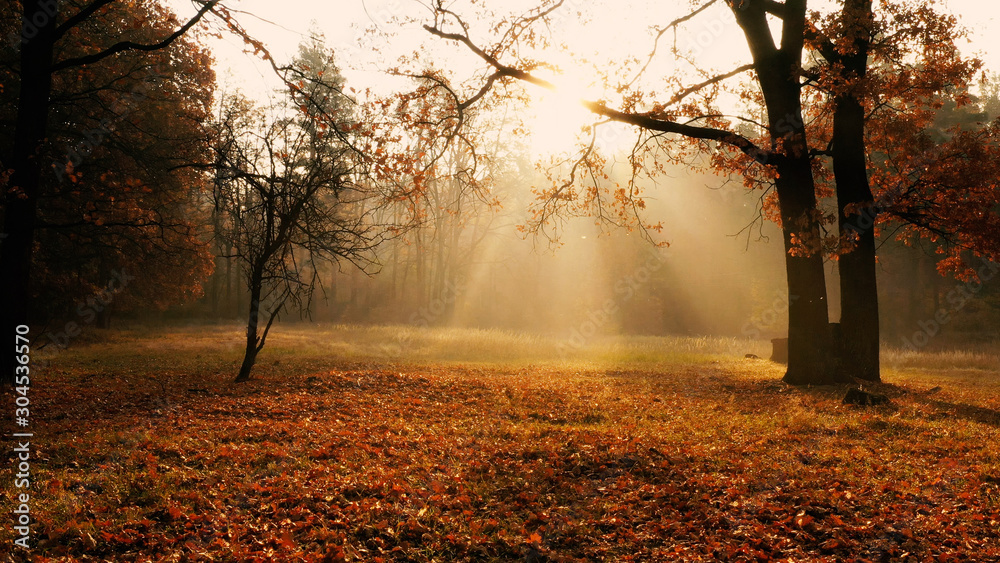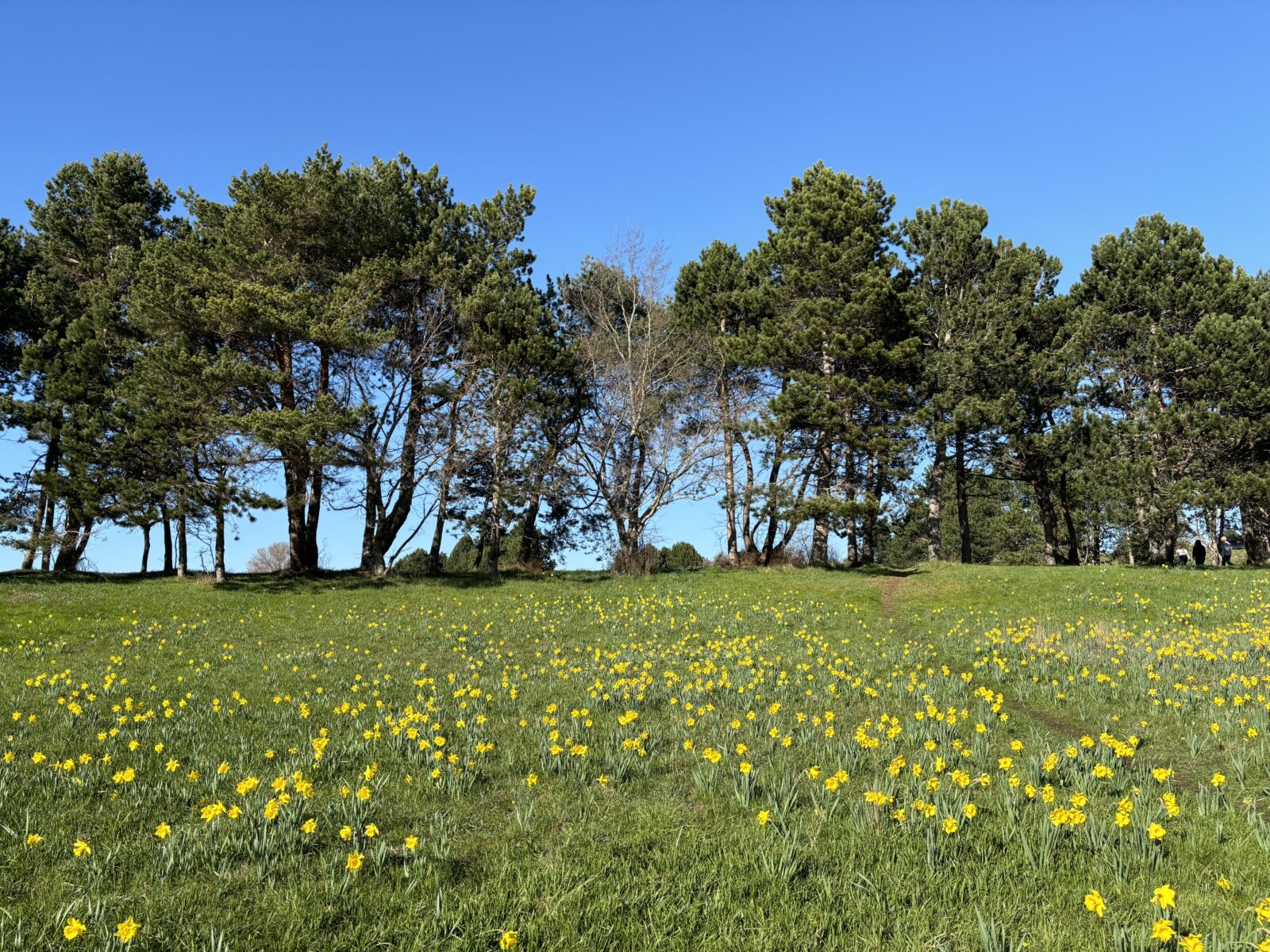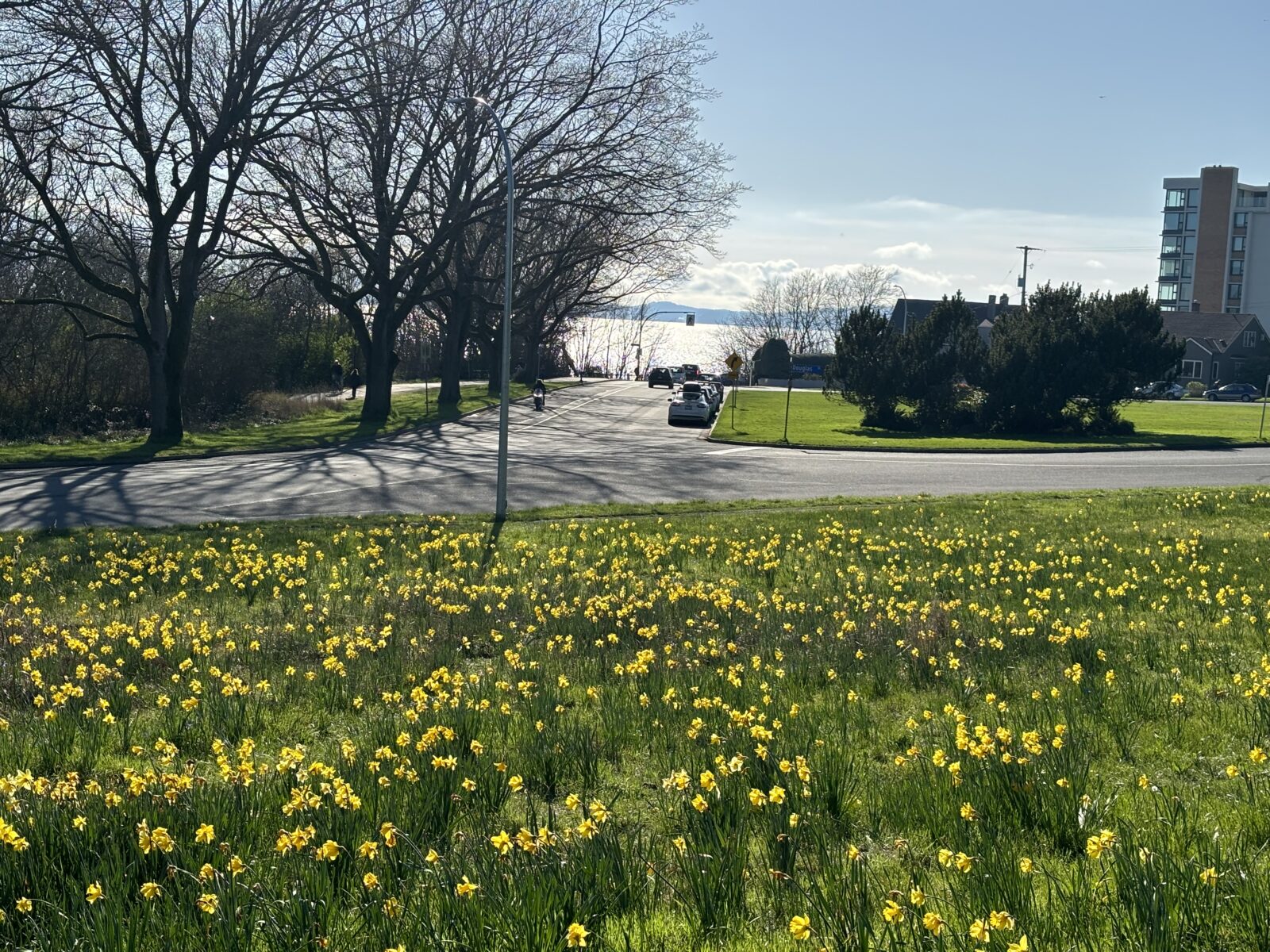I love living in Victoria, and when I am away I always look forward to coming back home. That’s why I have always been surprised by how returns bring with them a touch of depression.
I have attributed this to many things, most obviously jet lag, which makes me so unlike myself for a few days. Occasionally on leaving a ship where the crew have made it feel like a second home, I feel a bit bereft. And then there’s the need to figure out how to manage the complications of a life where I am not being taken care of hand and foot, day and night. It’s amazing how quickly I can forget where a light switch is, or where I keep the coffee filters. And now, all the things that had to wait until I got home suddenly need to be scheduled and done.
This time, add to all that the horrific results of the election, the vestiges of a touch of food poisoning, and the brief loss of my luggage, to make this return additionally besieging. But this morning, around 4am, my typical wake up time during jet lag recovery after bedtime at 8, I put my finger on why, even with easier returns than this one, I feel so out of sorts.
I have written here many times in the past about my decision to uproot my life and move to Canada in 2020. For any readers who didn’t know me then, in order to do this, I sold my condo, got rid of all my furniture and any possessions that wouldn’t fit in my car and drove to Victoria, sight unseen and knowing no one, trusting it would work out. I now live in a furnished heritage rental, with the world’s best owners living upstairs. I own nothing now except my clothes, jewelry (lots of earrings!) and my car. I don’t own a lamp or a throw pillow. Nada. Zip. To my way of seeing it, this is working out very well indeed!
But still, there is something about returning home to an environment filled with the identity of a whole life—from the knickknacks, to the art, even to the favourite dishes, that I no longer get to experience. There’s a moment where you open the door coming home and say “this is my real life.” I don’t feel that way in part because my real life is also on ships half the year, but largely because any place I live now and for the rest of my life will never really be mine in the same way it was before I flew the coop in my car.
I’ve written in the past about nesters and perchers—those who need a comfy place to call home, and those who are fine wherever they are. I am a percher to the core, but there are those moments when I remember how good it felt to come home and see everything waiting for me, reminding me of the sum of my life. I don’t have that anymore, and I guess somewhere deep in the gut, it affects me.
This life isn’t for everyone. For a small percentage of my head and heart, it isn’t for me either for a day or two, while I adjust to the wonderful, unencumbered reality I have made for myself. I made my choice, and I must be at home wherever I am. That soft nest to fall into must be inside me, where my fundamental identity and my most important memories live. The rest is just stuff. I’ve got the right outerwear and good winter shoes, money in the bank, and friends who are there to welcome me home to my life in Victoria, where I already feel much more settled just by writing this.









